Tunisia: Stance on Palestine unchanged, no normalization with Israel
The Tunisian Ministry of Foreign Affairs has made it clear that the North African country will not follow in Morocco’s footsteps to normalize diplomatic ties with Israel, and that its position on the Palestinians' legitimate rights will not be affected by any international changes.
The ministry, in a statement published on its official Facebook page on Tuesday, dismissed media reports that Tunisia intended to establish ties with the Tel Aviv regime as unfounded and contrary to its principled and official position vis-à-vis the Palestinian issue.
“Tunisia reiterates the firm stance of the President of the Republic, Kais Saied, who has emphasized on several occasions that the rights of the Palestinian people are inalienable, foremost among which is their right to self-determination and establishment of an independent state with (Jerusalem) al-Quds as its capital,” the statement read.
Tunisians feel solidarity with the Palestinian people and strongly support their rights, which have been recognized by numerous United Nations resolutions and various international bodies, especially the UN Security Council and the General Assembly, it added.
“Tunisia reaffirms its full conviction that a just, lasting and comprehensive peace cannot be established in the region without implementing international decisions regarding the rights of the Palestinian people to recover their stolen land and to establish their independent state,” the ministry noted.
“As Tunisia respects the sovereign positions of other countries, it affirms that its stance is principled, and changes in the international scene will never affect it,” the statement said.
The foreign ministry concluded that Tunisia will not participate in any initiative that infringes upon the rights of brotherly Palestinian people, and it is not interested in establishing diplomatic relations with the occupying regime of Israel.
Morocco hosts US-Israeli delegation, signs deals marking normalization
Also on Tuesday, a US-Israeli delegation arrived in Morocco and signed agreements to flesh out an upgrade of relations under a US-brokered deal announced in the dying days of President Donald Trump's administration less than two weeks ago.
The visiting delegation, led by Jared Kushner, Trump’s son-in-law and senior advisor, and Israel’s national security adviser Meir Ben-Shabbat, landed in Rabat from Tel Aviv on the first direct commercial flight between Israel and Morocco.

The US-Israeli delegation met King Mohammed VI at the royal palace, before the signing of a tripartite declaration on Trump's December 10 decision to recognize Morocco's "sovereignty" over the desert region of Western Sahara, where a decades-old territorial dispute has pitted Morocco against the Algeria-backed and pro-independence Polisario Front.
Moroccan and Israeli officials also signed accords on direct air links, connecting financial systems, visa waivers for holders of diplomatic passports, and water management.
Israel and Morocco are meanwhile due to reopen diplomatic offices.
Morocco closed its liaison office in the coastal city of Tel Aviv in 2000, at the start of the second Palestinian Intifada (uprising).
The US aims to open a consulate in Western Sahara, and has pledged investment in the area, which Moroccan media outlets have described as “colossal.”
Palestinians have condemned the normalization announcement between Rabat and the Tel Aviv regime.
“This is a sin and it doesn’t serve the Palestinian people. The Israeli occupation uses every new normalization deal to increase its aggression against the Palestinian people and increase its settlement expansion,” Hazem Qassem, a spokesman for Gaza-based Hamas resistance movement, said earlier this month.
Bassam as-Salhi, a member of the Palestine Liberation Organization (PLO) Executive Committee, also condemned the deal.
“Any Arab retreat from the [2002] Arab Peace Initiative, which stipulates that normalization comes only after Israel ends its occupation of Palestinian and Arab lands, is unacceptable and increases Israel’s belligerence and its denial of the Palestinian people’s rights,” he said.
Iranian commander dismisses US military buildup in West Asia as ‘theatrical gesture’
US special envoy says Trump ‘curious’ as to why Iran hasn’t ‘capitulated’ yet
Lindsey Graham urges Trump to ignore aides opposing war on Iran
Far-right, anti-Islam protest sparks counter-protests in Manchester
Press TV's news headlines
Sudan’s mining sector suffers $7 billion loss amid ongoing civil war
Ansarullah slams Israel’s massacre in east Lebanon, urges unified Arab action
Iran resolved to uphold nation’s nuclear rights via diplomacy: FM Araghchi


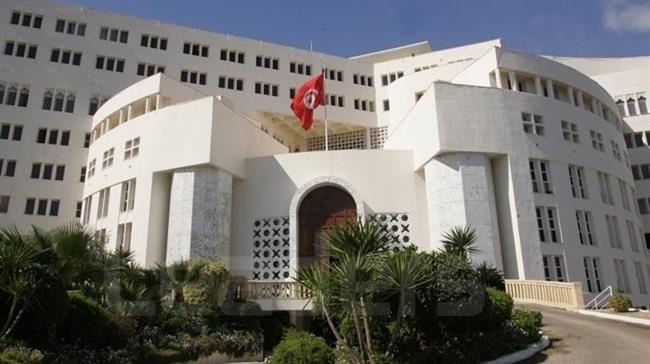



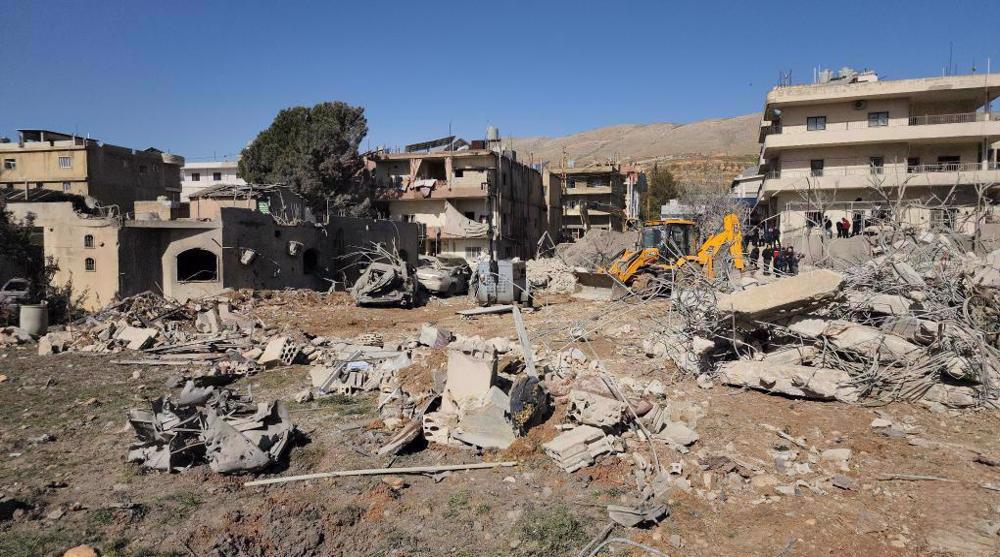
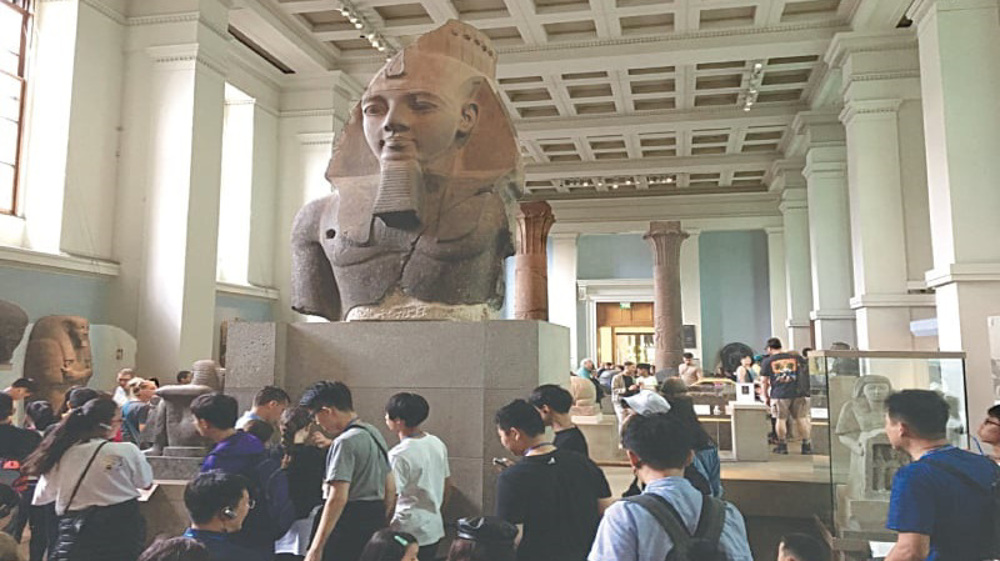
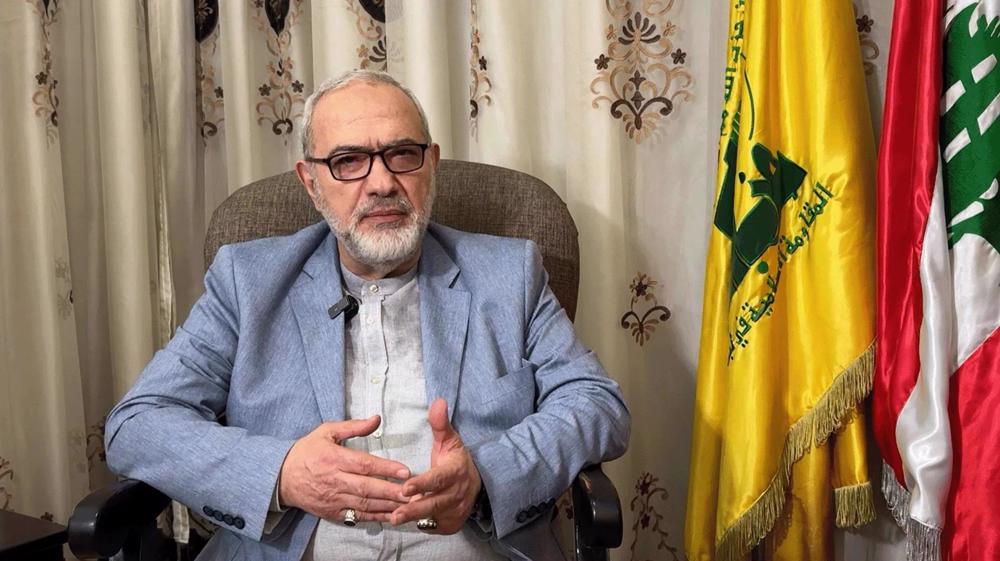



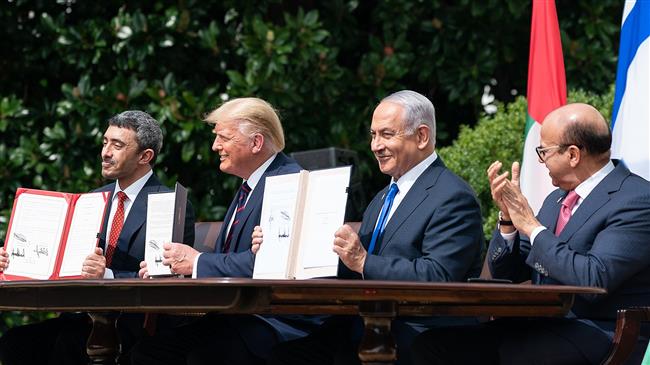
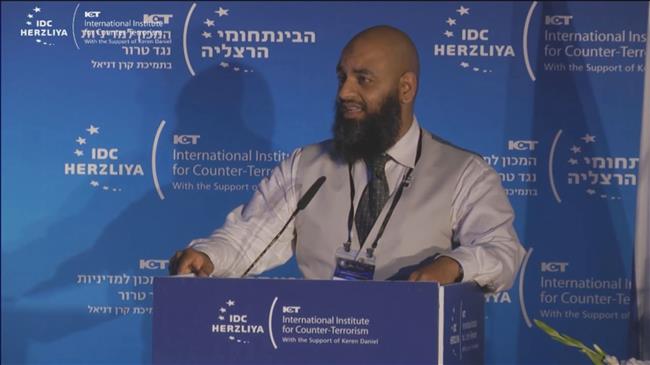

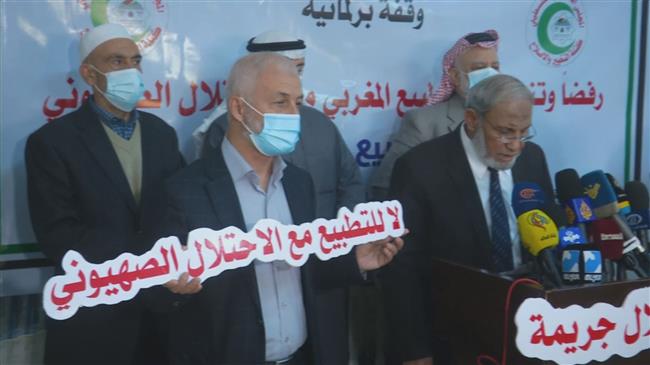
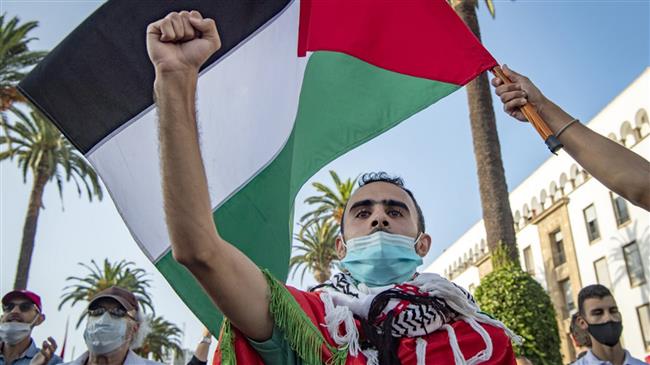

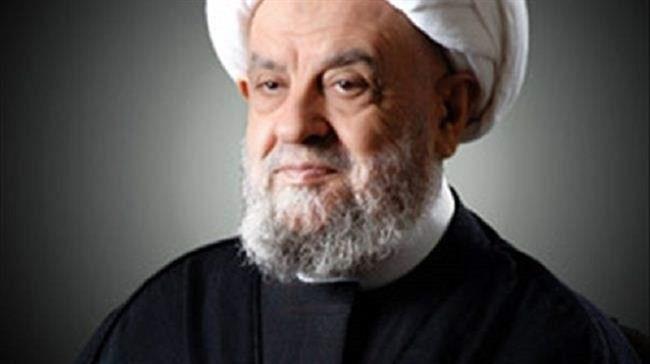
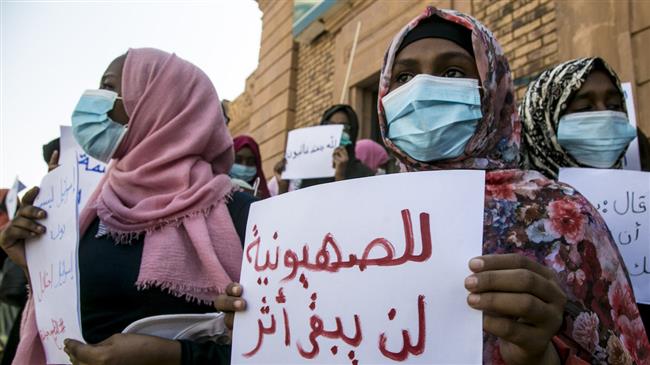

 This makes it easy to access the Press TV website
This makes it easy to access the Press TV website